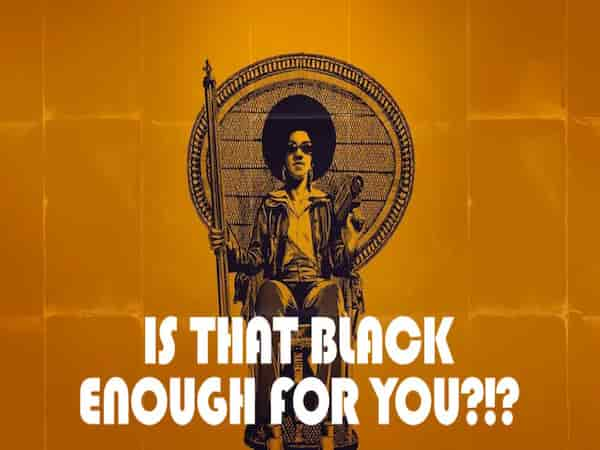Is That Black Enough For You?!?: Documentary that goes deeper than just analysing Black cinema
Elvis Mitchell’s documentary is a cinematic masterclass in itself that touches upon the lives of Hollywood legends

Last Updated: 06.07 PM, Nov 13, 2022
Written, narrated and helmed by Elvis Mitchell, the documentary takes the audience on a decade-long journey following the evolution of Black film culture that inspired the local communities at the time and continues to do so today. The drama starts with the question of why these films stopped getting made and pierces through different changes that the cinema experienced during the years. The film essays an important tale from history that every cinephile must watch to relish the memories of the cult classics of Hollywood and their impact.
Why you must watch it?
The documentary focuses on the evolution of Black films, while also depicting the socio-political events that were influencing different genres of film and how art and cinema turn into a medium of expression for the oppressed. It is a film class in itself and a great cinematic experience that you must not miss.
The film evolves from the time when Black people were cast into stereotyped roles and used as a means of tokenism with white domination over the cinematic industry which had a negative impact on the Black people’s psyche by setting unreal beauty standards or showcasing them as mere objects. While the country lived in segregation, the movie theatres became a world of fantasies with no segregation whatsoever, considering that the United States had different Black people theatres which were not up to the standards of other local theatres.
The film showcases the contribution of people across the years making Black films a success by dealing with the social conditions prevailing at the time. People’s need for representation was met by the introduction of Dorothy Dandridge, Henry Belafonte and Sidney Poitier who showcased political events and societal issues prevailing in their communities, which gave voice and a sense of relevance to Black people. Independent Black films made were no longer made from the white man’s gaze perspective, which changed the narrative of future feature films. Gordon Parks contributed to changing the role of the Black protagonist, it was more assertive and powerful. Van Peebles had his own visions of depicting Black people’s issues on screen that contributed to making some of the cult classics of Bollywood. Culture appropriates art and also music, the documentary sheds light upon the contribution of different musicians to making jazz Black music a huge success. Curtis Mayfield’s lyrics about social conditions set the tone for future Black films.
The interviews that the documentary showcases brings an insight into the psyche of Black people’s mind and the impact culture and these movies had on them, Zendaya in her interview revealed how many of her red carpet looks are influenced by Diana Ross.
There is only one reason why you should watch it and that is to witness the glory days of the Black cinema of the 90s and the impact that it has created on the lives of Black people.

 Premium
Premium